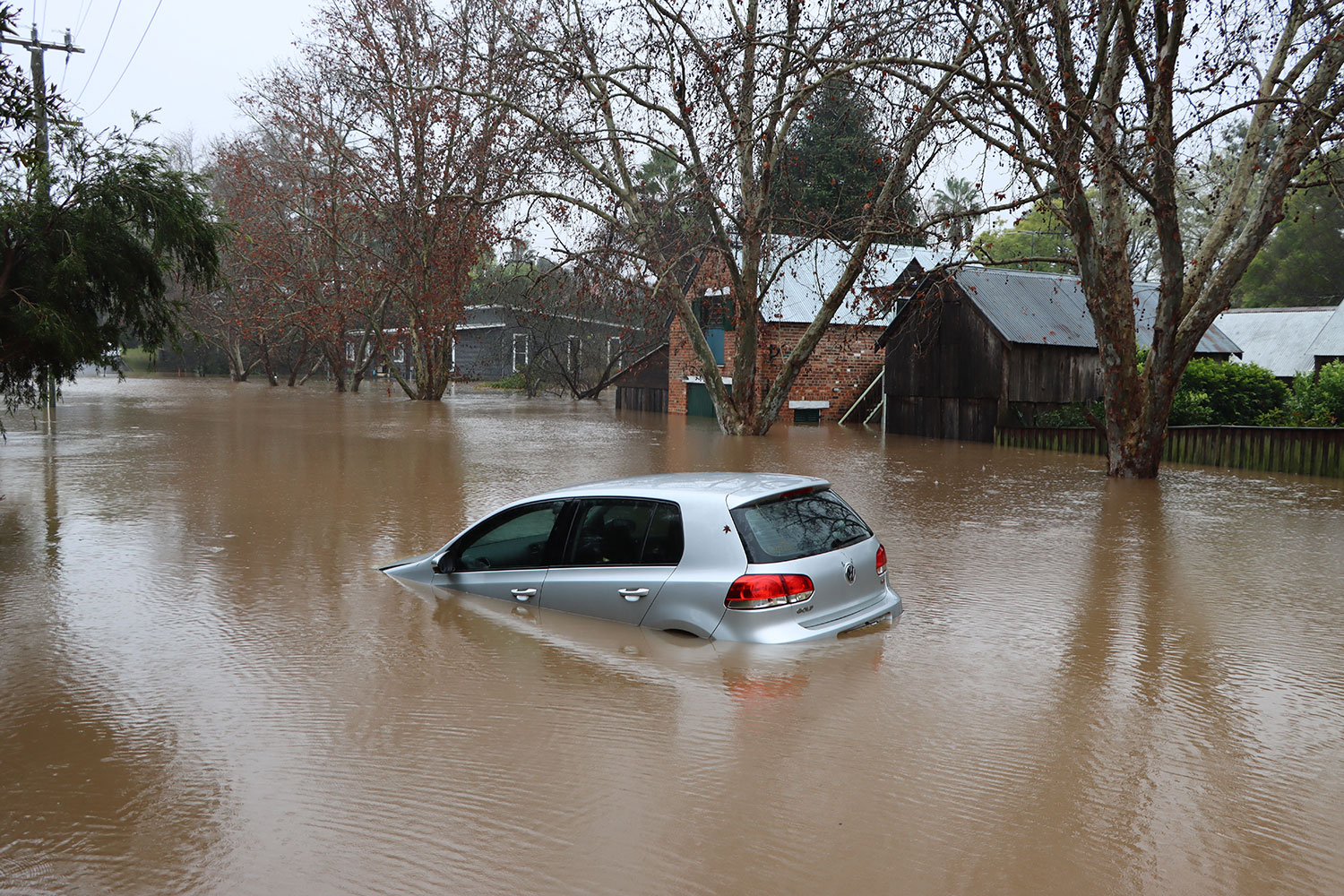
Electric vehicles flooded in saltwater could pose a fire risk, as saltwater can corrode the battery and cause a short circuit, which ignites the flammable solvents and other components. Now, researchers at the University of Central Florida have developed a technology that could prevent electric vehicle fires like those caused by saltwater flooding from Hurricane Ian.
Lithium-ion batteries with organic electrolytes are currently the dominant battery technology and have been widely deployed in the electric vehicles and portable electronics market. However, conventional organic electrolytes for these batteries are volatile and highly flammable. This will exacerbate thermal runaway, exposure to high temperatures, and eventually catching fire if experiencing short circuits, overcharging, and other thermal abuse conditions in battery operation.
The UCF’s technology, an aqueous battery, replaces the volatile and highly flammable organic solvents found in electric vehicle lithium-ion batteries with saltwater to create a safer and more efficient battery.
The aqueous battery design’s novel nano-engineering allows the battery to overcome the limitations of previous aqueous batteries. Previous designs have suffered from low energy output, slow charging times, poor stability growth of dendrites on the negative anode, and corrosion. In addition, the researchers say their battery is fast charging, reaching a full charge in three minutes, compared to the hours it takes lithium-ion batteries.
Using saltwater as the battery’s liquid electrolyte, the UCF researchers were able to use naturally occurring metal ions found in the saltwater, such as sodium, potassium, calcium, and magnesium, to create a dual-cation battery that stores more energy. This allowed them to overcome the sluggishness of previous single-cation aqueous battery designs.
The researchers engineered a forest-like 3D zinc-copper anode containing a thin zinc-oxide protective layer on top to solve problems with instability, dendrite growth, and corrosion. The novel, three-dimensional nanostructured surface of the zinc-copper alloy allows the researchers to precise control electrochemical reactions, thereby increasing the battery’s stability and quick charging ability. Furthermore, the zinc-oxide layer prevented the dendritic growth of zinc, which was confirmed using optical microscopy.
“These batteries using the novel materials developed in my lab will remain safe even if they are used improperly or are flooded in saltwater,” says Yang Yang, an associate professor in UCF’s NanoScience Technology Center who led the research. “Our work can help improve electric vehicle technology and continue to advance it as a reliable and safe form of travel.”
Journal reference:
- Huajun Tian, Guangxia Feng, Qi Wang, Zhao Li, Wei Zhang, Marcos Lucero, Zhenxing Feng, Zi-Le Wang, Yuning Zhang, Cheng Zhen, Meng Gu, Xiaonan Shan, and Yang Yang. Three-dimensional Zn-based alloys for dendrite-free aqueous Zn battery in dual-cation electrolytes. Nature Communications, 2022; DOI: 10.1038/s41467-022-35618-2
Novel battery could prevent post-hurricane electric vehicle fires
Source: Tambay News

0 Comments